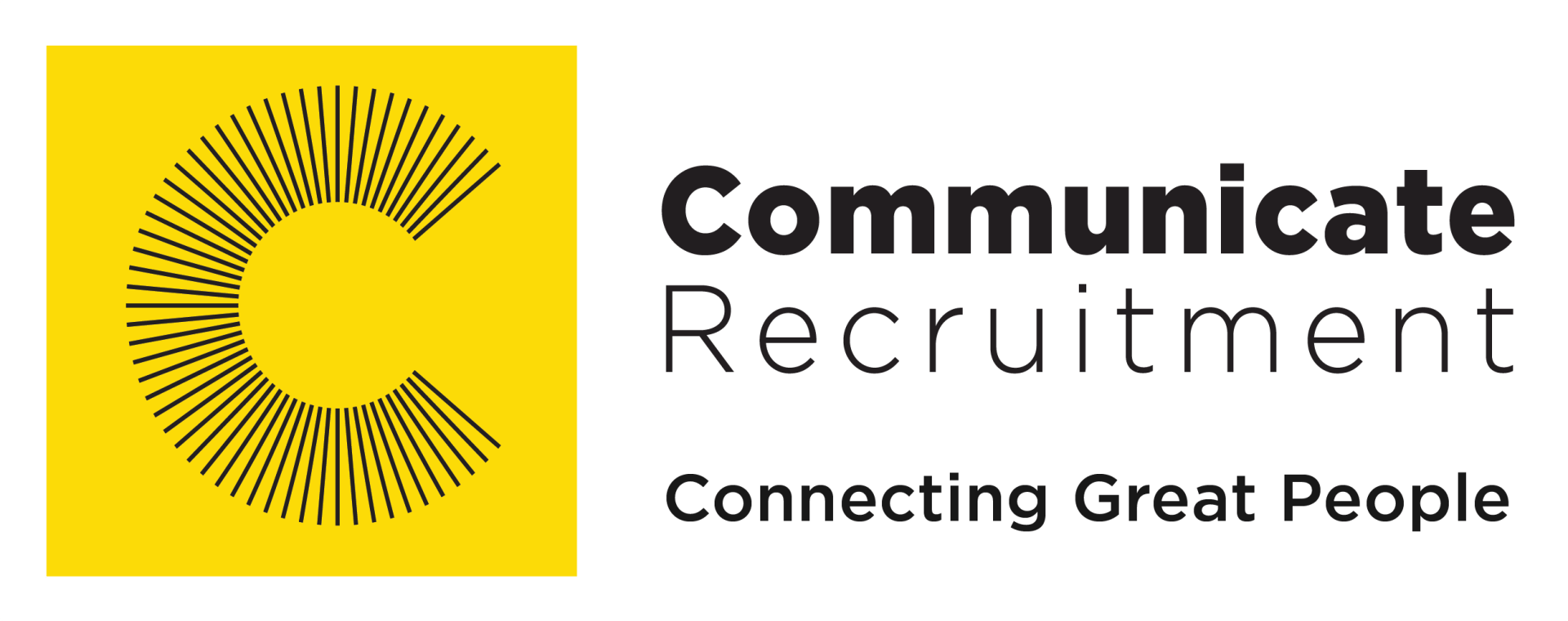The cost of owning a drone in South Africa
Read time - 02:33
The drone industry has been gaining traction both locally and abroad over the last couple of years. With vloggers, media agencies and photographers using these nifty devices to take their passion to new heights, the public is, also beginning to hop on the band waggon.
But, how much does it cost to own and operate a drone in South Africa? There are a few key points to consider when discussing this:
- Type of drone
- Usage
- Area
- Licensing
- Laws
In many instances, you can get a decent drone for a few hundred Rand, if you're a hobbyist. However, with the likes of DJI, Parrot, GoPro these can go into the thousands. It ultimately depends on what you'll be using the drone for.
You can purchase drones for personal, professional, and enterprise use. If you're looking for a semi-decent drone to use in your personal capacity and don't intend on making money from your images/video, you can pick up a DJI Spark for around R6 495.00 (Drone only). The DJI Mavic range is where you start seeing value in drone photography and videography. With the recent release of the Mavic 2 Pro, the features just get better. The Mavic 2 Pro starts at around R29 500.00 for the basic drone only (no-fly more pack included). Your professional and enterprise drones can go for anything between R48 000.00 and R150 000.00 each.
You are able to purchase accessories and add-ons for your DJI drones at an extra cost. They also make "fly more" kits available which include extra batteries, a case, extra propellers, and other nifty items.
There are cheaper options for those just wanting to have some fun at home – national retailers like The Gadget Shop and Dion Wired, along with online stores like Takealot sell affordable alternatives. For those that want to mess around, you can fetch a drone for as little as R499.00.
Licensing
If you'd like to operate your drone commercially (make money from selling your images and video) you would need to obtain an RPL (Remote Pilot License) from an accredited school. Your RPL is comprised of a theory section and a practical.
The components covered in the theory include air law, flight planning and navigation, meteorology, human factors, the principle of flight, technical aspects, and other related items. Along with the theory module, students will also need to complete restricted radio license training and an English proficiency course. After your theory (which is between 5 and 7 days) you would then move on to your practice. This is done with a licensed instructor to test your practical know-how and see if you're equipped to man a drone.
Various RPL schools charge different rates for their courses but you can expect to pay anything between R20 000.00 and R50 000.00 for your license.
Legalities
The South African Civil Aviation Authority outlines the uses, dos, and don'ts when it comes to RPA's (Remotely Piloted Aircraft) in South Africa. They define RPA's as "unmanned aircraft operated from a remote pilot station excluding toy and model aircraft". They also state "acceptable" uses of RPA's in personal and non-personal cases.
The law tries to protect both sides of the fence here – the operators and the general public. The CAA outlines that potential threats could include, but are not limited to:
- Collision with aircraft
- Injury to bystanders
- Damage to property
- Legal liabilities for breaking laws
There is a range of laws that should be adhered to when operating a drone, which you can read more about here.
Connect with us and take your career to new heights. We are a specialist recruitment company with over 30 years of experience and can help you source top candidates in, IT, Finance, Freight, and Engineering. Contact us today.





